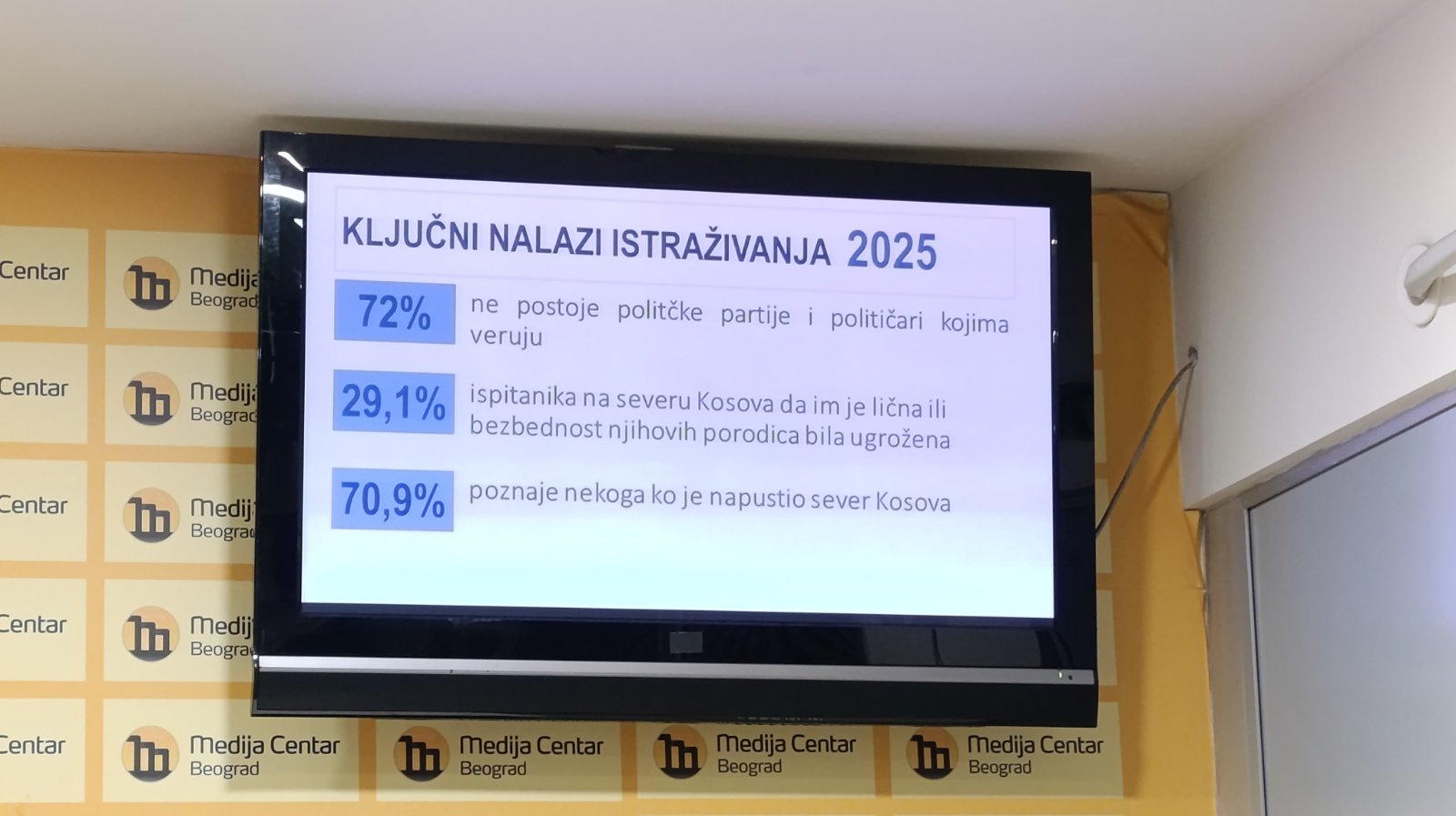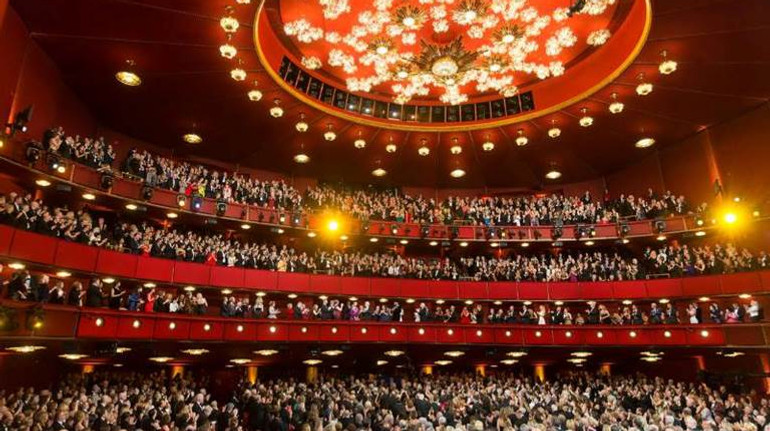English has dominated Eurovision – until now

The year is 1965. The voting rights in Sweden are lowered from 21 to 20 years, Rolling Stones plays on Swedish soil for the first time and the film « To touch a bridge » has a premiere.
Yes, and then opera singer Ingvar Wixell represents Sweden in the then only ten -year -old Music competition Eurovision Song Contest. And he does it in a whole new way: he sings in the foreign language English Instead of Swedish. The song « elsewhere drum » in the Melodifestivalen was translated and became « absent friend » in Eurovision.
So far had no country sung completely in a non-national language. Everyone sang completely or – in two cases – partly in their own country’s language. The following year, a rule was found that one must sing in one of their country’s official languages.
The rule held until 1972, followed by free play for four years, and then the rule returned for a second turn between 1977 and 1998. Since then there are no language rules in the competition.
The statistics speak their clear language: during the years that participating countries in the Eurovision Song Contest have had to choose language completely freely, the majority has sung at least partly in a language other than its own.
The most common second language to sing is English. Among a total of 1,202 grants over the years without language rules, more contributions are sung completely in English than entirely in the country’s own languages: 560 against 501 grants. Another hundred contained English segments.
English is also the most common language to gain from. So far, 71 winners have been selected in 68 settled competitions. 35 of them have sung in English. Completely 33 times, together with Crimean Tatar 2016 and together with Ukrainian 2004. But it has not always looked that way.
– At first everyone sang in their own languages and later also in French. But the role and position of the French in Europe decreased during the 1970s and 1980s, when the English music industry gained more influence. And from the 21st century ahead, English is dominant.
This is stated by Solveig Bollig, PhD student in Nordic languages at Umeå University. Last year, she and three other doctoral students started a summer course called Linguistic perspectives on the Eurovision Song Contest.
She believes that there are several reasons for English’s popularity in the music competition. Not least that it’s Europe’s lingua francawhich means that more people can understand the text than if you sing in a smaller language.
– For some countries, it can also be about showing that you have education and skills in English, that you are not limited to your mother tongue. A large part of the international music industry is also English -speaking. If you want to reach a larger perspective than Eurovision and have a song that is commercially viable, English is a reasonable choice, says Solveig Bollig.
Although English is dominant largely across the board, for example, French, Italian and Spanish are popular languages to include in songs. French is also the second most common winning language after English, with 14 wins.
It also has Happened, several times, that countries mix many languages, or sing partly in English and partly in a third language. Belgium and the Netherlands have even made grants in invented languages.
The choice of other languages can be about language attitudes – what associations you get from a language. Solveig Bollig exemplifies that many people think that German is ugly, while French is beautiful and Swedish cute.

But there may also be geopolitical connections.
– Previously, Russian was a language used from time to time by other countries in Eurovision. After the invasion of Ukraine, you do not. In 2022, Ukraine won with a Ukrainian song, you can’t say it’s not political, says Solveig Bollig.
Some countries sing Also like in their own languages. In addition to English -speaking countries, for example, countries that speak Romanesque languages, such as French, Italian and Spanish, and countries that speak southern Slavic languages, such as Bosnian, Croatian and Serbian are speaking.
-To some extent, it is probably related to what the selection system looks like, whether it is a jury group, a broadcaster or the audience that votes. The question is who is the intended audience – if you are targeting nationally or internationally. It can be about national representation, that you want to show your identity, says Solveig Bollig.

After 1964, Sweden has never competed in Swedish in Eurovision without coercion. Instead, we have sung completely in English – with the exception of Malena Ernman’s « La Voix » in 2009, which was in both English and French.
Solveig Bollig sees that As an expression that Sweden has had great ambitions with its music and is a successful music exporter.
– Sweden has always sent songs that should be commercially viable, not just in Eurovision or just in the home country. They are extremely well -produced pop songs in English, she says.
Until now. Kaj’s song « Bath Sauna » will be the first Eurovision grant in 51 years that we voluntarily sing completely in Swedish – well, as in some Finnish words.
– It stands out. First, it is obvious in the text that Kaj is trying to appeal to a Swedish audience. The Finnish words used are those that Swedes know. Secondly, « just bathing sauna » is as well -produced as Sweden’s contribution is usually – but a little more playful. However, it is a little surprising that not only Swedes like the song.

For the quay, the language choice was obvious, they tell DN before the music competition’s first semi -final on Tuesday evening.
– It was never a question for us, because we have sung in Swedish our entire career, and much in this song’s identity is that it is in Swedish, says Axel Åhman.
– Nobody thought it would be a good idea to translate it into Eurovision, and we didn’t think so, says Jakob Norrgård.
After the language rules Abolished in 1999, it was until 2007 before a song entirely in a language other than English won. Then a decade passed, but then it smashed to: 2017 completely in Portuguese, 2021 entirely in Italian and 2022 entirely in Ukrainian.
The question is whether English is losing its iron grip on Eurovision. By 2025, more contributions are fully presented in languages other than entirely in English. It is the first time since 1976 that it has been done without language. At the same time, it’s only about a year, so it’s no trend to take hold yet, points out Solveig’s ball.
She sees it as One possibility that the changes in the relationship between the US and Europe could affect the language choices in Eurovision in the future.
– You may want to strengthen European identity. Then you can go two ways: either you sing in English but have political text, or you sing in your mother tongue as a mark, says Solveig Bollig.
Is Eurovision ready for a song in Swedish?
– Yes, I think so. One must not forget that it is a song competition, and Kaj has a catchy Let. It will appeal to many even if they do not know the language, says Solveig Bollig.
The first semi -final of this year’s Eurovision Song Contest will be broadcast in SVT1 and on SVT Play Tuesday 13 May at 21.
Read more about Eurovision Song Contest.








